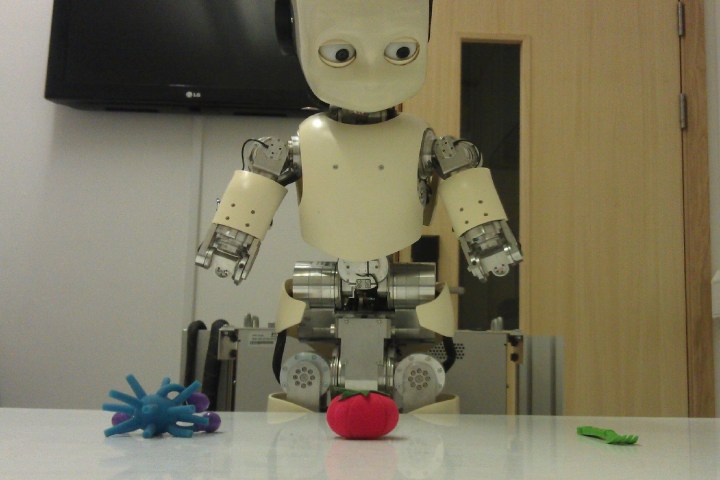
A new survey, conducted by the University of Oxford and Yale University, draws on the expertise of 352 leading AI researchers. It suggests that there’s a 50-percent chance that machines will be bettering us at every task by the year 2062. However, plenty more milestones will be hit before then. These include machines that are better than us at translating foreign languages by 2024, better at writing high school essays than us by 2026, better at driving trucks by 2027, better at working retail jobs by 2031, capable of penning a best-selling book by 2049, and better at carrying out surgery by 2053. Asian respondents predicted these events will happen much sooner than did North American researchers.
All human jobs, researchers predict, will be automated 120 years from now.
“We are interested in when powerful AI will be developed, and what will happen as a result,” Katja Grace at the Machine Intelligence Research Institute in Berkeley, California — one of the lead authors of the survey — told Digital Trends. “So we asked directly about when ‘human-level’ AI might be developed in a few different ways, and also about things that indirectly bear on when we expect powerful AI, but which we think researchers may know more about, like acceleration in their own field. We also asked them about what they thought would happen, both in terms of how good or bad it might be overall, and in terms of things like whether it will affect technological progress in a big way. We found a wide diversity of views, but with enough opinion finding relatively near dates and relatively high levels of risk as plausible that we think this warrants more attention.”
As with any work that predicts the future of technology beyond just the next few years, there’s absolutely no guarantee this is close to accurate — but it certainly makes for some interesting reading.
Perhaps the most valuable aspect of the study is to make us think about things that could be put into place now to prepare for such an eventuality. According to Grace, this includes supporting AI safety research, choosing how funding is allocated now in accordance with the future we want to create, and rethinking the jobs market.
You can read the study, titled “When Will AI Exceed Human Performance? Evidence from AI Experts,” here.
Editors' Recommendations
- 2023 was the year of AI. Here were the 9 moments that defined it
- AI drone beats pro drone racers at their own game
- Medical health experts the latest to sound alarm over AI development
- Photoshop AI thinks ‘happiness’ is a smile with rotten teeth
- I used the ChatGPT AI chatbot to do my holiday shopping this year


